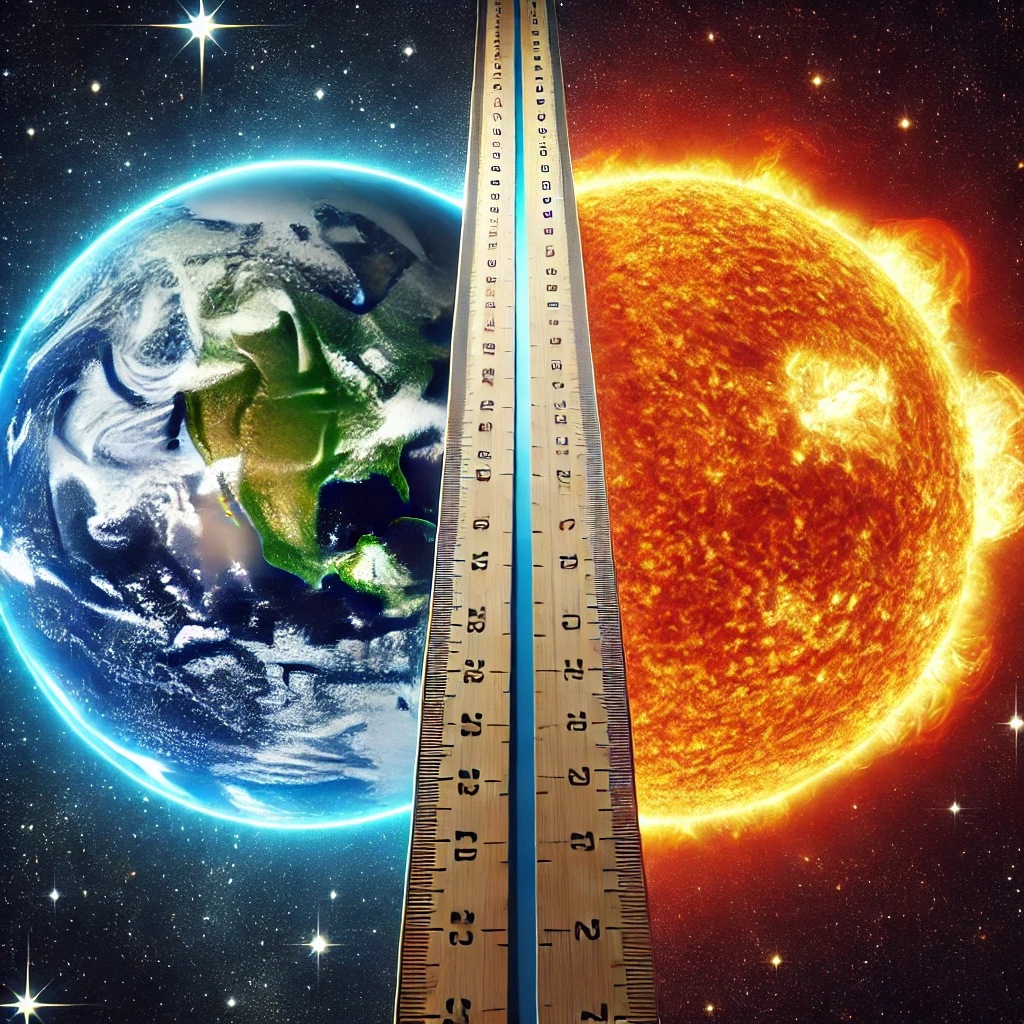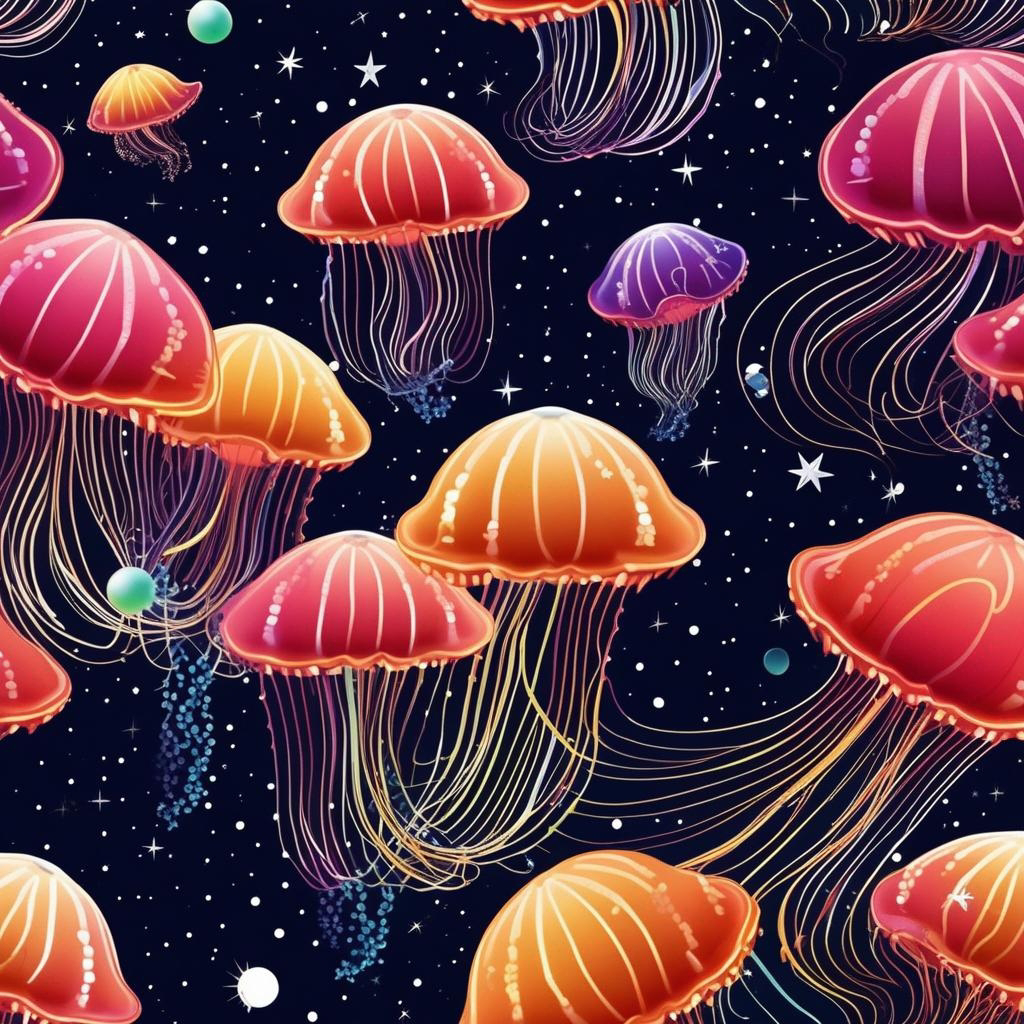
Welcome to the Daily Facts digital magazine. A free brochure of interesting facts and statistics about everything. This site will never try to sell you anything, it is just there for leisurely reading. Although the topics are heavily researched, the author of this content is not liable for incorrect information, you are free to Fact check all the info available here. Alan Booth, The author's ✖️ is @alspresso
Showing posts with label science. Show all posts
Showing posts with label science. Show all posts
Saturday, 7 June 2025
Moon Day
One day on the moon lasts for 28 earth Days(4 weeks), Two weeks of day and two weeks of night. This has caused probes to fail their missions as they freeze in the long moon night.
Saturday, 21 December 2024
Earth Perspective
If Earth was an Orange the atmosphere would be the peel. The maximum extent of the Earth's atmosphere is 96km, but the earth is 12,000 km wide. Most large jet airliners cruise at about 11 to 12 km above sea level, a small fraction of the earth's atmosphere.
If you thought there is more than 1% composition of carbon dioxide you would be wrong. Carbon dioxide comprises less than half a percent. There is more Argon in the atmosphere than carbon dioxide at roughly 1%.
Source
~ NASA website atmosphere
Labels:
atmosphere,
science
Wednesday, 9 October 2024
Too Fast
One of the reasons why NASA don't send probes to land on the surface of Mercury is because the planet is moving too fast. Mercury is traveling at 48 kilometres per second. It is the fastest moving planet in the solar system. The closer you are to the sun the faster you have to move to stop yourself cascading into the star. It is very hard to get probes to travel at close to 48 kilometres per second
Earth is traveling slower than mercury but it is still moving fast, 30 kilometres per second. It is possible to meet the planet in it's path but the sun's gravity would interfere in the rendezvous. Mercury is 3 times closer to the sun than Earth although it has a highly elliptical orbit and can be as far as 70 million kilometres from the sun.
Sources :
Book: The Planets by Professor Brian Cox
Website: https://science.nasa.gov/mercury/
Website: Wikipedia
Friday, 4 October 2024
Astronomical Unit
The distance between the Earth and the sun is used as a measurement of large distances of space. The earth is roughly 150 million km from sun on average, that distance is called an astronomical Unit, AU. They did it this way to reduce the size of the numbers that represent the distances so humans can begin to imagine the scale of the solar system and deep space.
Distances from the sun
Earth is 1 AU astronomical Unit (150 million km)
Mercury is about ⅓ of an AU.
Venus is 0.72 AU.
Mars is 1.5 AU, about 50% further than Earth.
Jupiter is 5.2 AU, 5.2 times further from the sun than Earth.
Saturn is 9.4 AU, nearly 10 times further from the sun than Earth.
Uranus is 19.22 AU .
Neptune is 30.06 AU, nearly twice as far from the sun as Uranus, that is why you need a telescope to see it.
Pluto is 39.53 AU
Sources
Nasa Website: https://science.nasa.gov/solar-system/
Book: The Planets By Professor Brian Cox, ISBN 9780007488841
Sunday, 14 April 2024
Thin Air
According to astronaut 'Tim Peake', the air quality on the international space station is the same as Earth at sea level.
However on commercial airlines the air is usually pressurised to 1,830 - 2,400 meters. The air on a plane is akin to the air on the top of a small mountain, thin and dry. The air on the international space station is better than the air on an airplane.
Source : Ask an Astronaut by Tim Peake, ISBN : 978 -1 - 784 - 75948 - 3
Labels:
international space station,
iss,
science,
space
Friday, 22 March 2024
Space Sickness
Living for long periods of time in space can cause a range of illnesses. One such illness is Spaceflight Associated Neuro-ocular Syndrome. The sickness is caused by fluids flowing into the head because the lower portion of your body forces blood upward.
NASA was recently experimenting with cuff clothing you wear to help put pressure on your body and decrease the sickness.
Source NASA.gov
Saturday, 2 March 2024
Dizzy Facts
You don't have five senses, you have more than that. You can sense the direction of gravity. The organ that senses the direction of gravity (what way is up or down) is called vestibular system, it can be found deep in your ears.
JellyFish have a similar system, if one is born in a micro gravity environment, they become dizzy after they're brought back to earth. The sudden introduction of gravity causes them to get vertigo.
Source : 'Can You Get Jellyfish in Space' by Dr Sheila Kanani, ISBN 978-0-241-66983-9
Friday, 16 February 2024
Air Is Magnetic
Oxygen is Paramagnetic, this means it becomes magnetic when it is present in a magnetic field and attracted to it. All the other gases in the air, Nitrogen and Argon are Diamagnetic they become magnetic when they're in a magnetic field but are repelled by it.
The main component of air, nitrogen is slightly repelled by magnetic fields. But oxygen is attracted by Magnetic fields; all the gases in the air react to magnetic fields.
Source : The Periodic Table by Tom Jackson
Subscribe to:
Comments (Atom)







